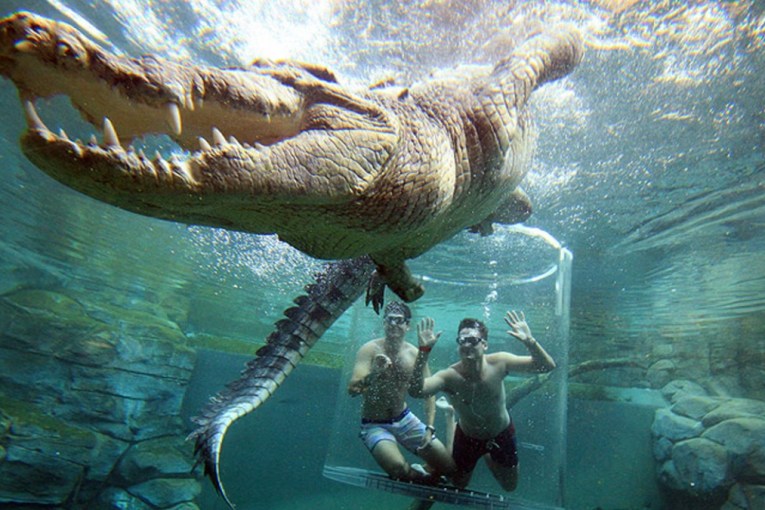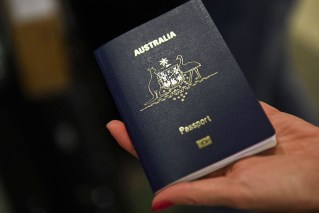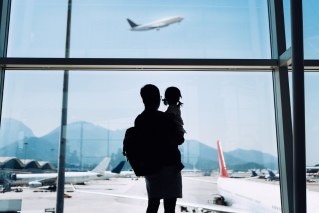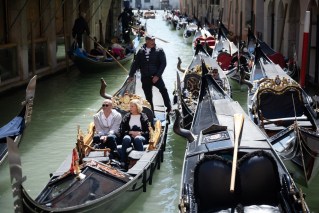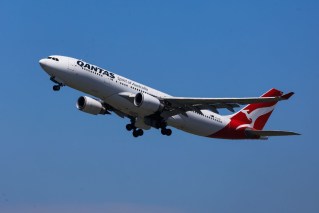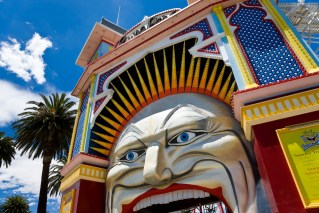Aromatherapy: the heaven scent art and science of keeping airline passengers calm

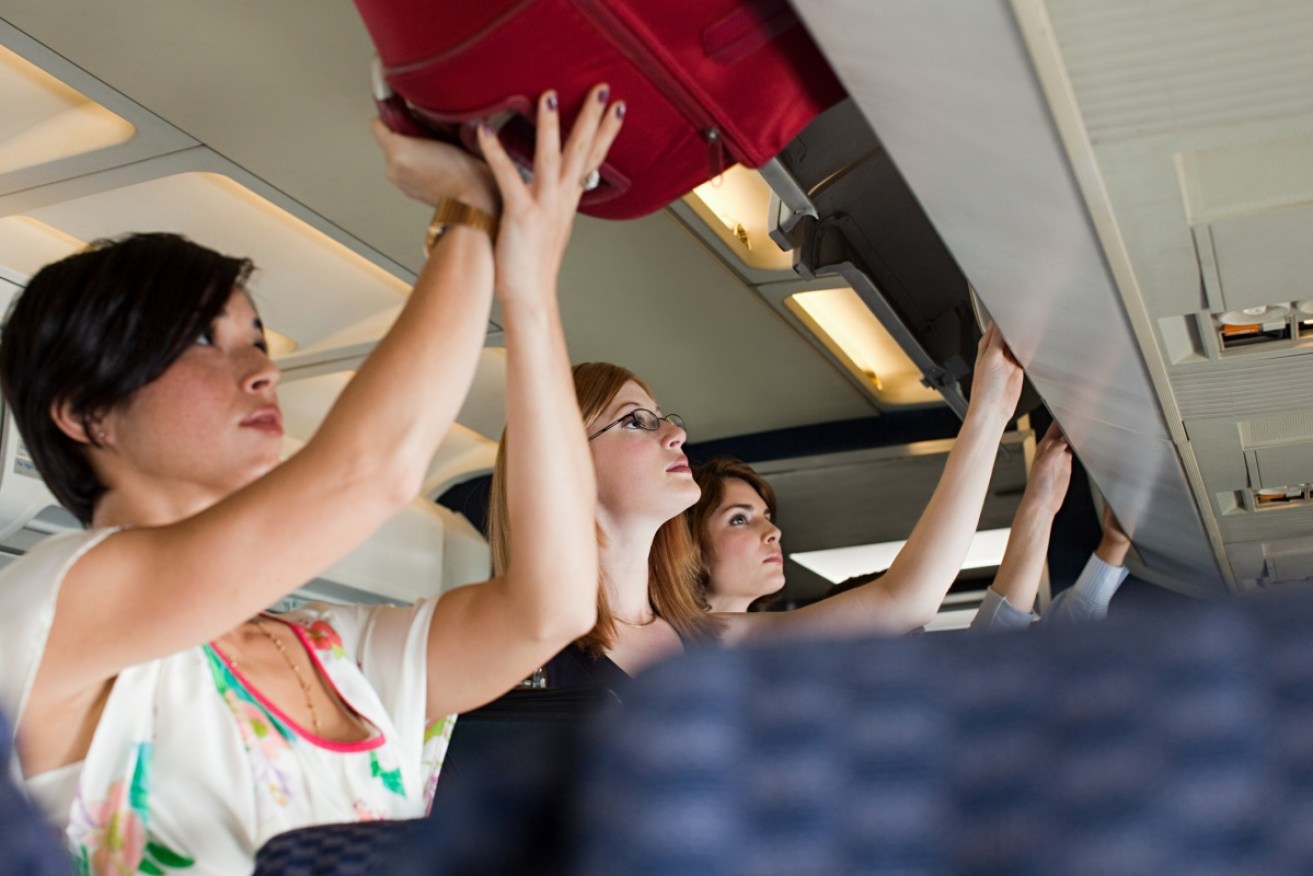
Smelling the roses and other scents, is helping to keep airline passengers calm. Photo: Getty
More bodies packed into commercial jets means more armpits, bad breath and other body odours. It also puts pressure on keeping the too-few toilets smelling fresh. Is it any wonder that airlines are making a big deal about new technology that can keep an airplane cabin pleasantly perfumed throughout your flight?
The new diffusion system, called ‘Five’, from a French aerospace company, ensures the rose-scented pleasantness is there to greet you and modulate the intensity and character of the fragrance as you come aboard, squeeze through the galleys, open the locker for your carry-on before taking your seat. There’ll be no escaping it.
The big question is, what’s to be gained from holding a passenger hostage in this way?
There’s crowd control, for one thing. The cramped seating and increased stress of air travel has led to a rise of altercations and crazy dummy-spits, flight attendants with no patience for passengers giving them lip, let alone gone berko.
Delta Airlines, for one, has been among it.
In the last few months: a Delta pilot hit a female passenger to break up a fight; a couple were “frog marched” off a plane to applause after becoming abusive; and passengers on a flight to China broke bottles over the head of a man who was trying to open the emergency exit. They also tried choking him.
This explains why Delta poignantly introduced, ‘Calm’, the name given to the lavender and chamomile scented liquid soap and hot towels. Wash your hands and chill out!
United Airlines, famous of late for dragging people off over-booked planes, has a fragrance called ‘Landing’ which goes the kitchen-sink route in order to keep passengers relaxed: orange peel, bergamot, cypress, black pepper, black tea, sandalwood and leather are just some of the ingredients wafting through their cabins.
Turkish Airlines deploys a special vague-out scent called TK 1933, reportedly to “produce feelings of trust, peace, happiness, serenity and pleasure.” This doesn’t read as a gift to passengers, but more a plea for a hassle-free flight.
In other words, airlines are meeting violence and insolence with aromatherapy, instead of taking a few seats out and give folks room to move. Which is cool.
The other thing motivating airlines and other businesses to flavour the air with love juice: brand loyalty. The idea being, the scent will settle into your sub-consciousness and you’ll be drawn back to fly again. Forget frequent flier points, just suck on the flavoured air and you’re seduced into become repeat business. Does it work?
Dr Paul Harrison, senior lecturer and researcher at Deakin Business School, asked the same question on behalf of a bank that was using fragrance and music “to get their customers to respond positively to their brand.”
What interested Dr Harrison was that the bank had never thought about testing to see if it was effective.
“The whole thing was a gut feeling from the marketing director.”
And that gut feeling proved to be right. Says Harrison: “We did some experiments, and we found that it does change consumer behaviour and attitudes. But it has to be done at a level where they weren’t aware that the fragrance was there.”
What Harrison found was a “strong connection between how they felt and their emotional perspective, and whether or not they were conscious that the fragrance and music were at hand.”
He concluded that “fragrances do work,” at a subliminal level, or often a supraliminal, “which is where they had some consciousness of (the fragrance) but can’t put their finger on what … affected their feelings.’”
But they’re just one form of subliminal marketing. Harrison has found companies also deploy various colours, mood lighting and even sales people with faces a certain width to influence your willingness to buy.
